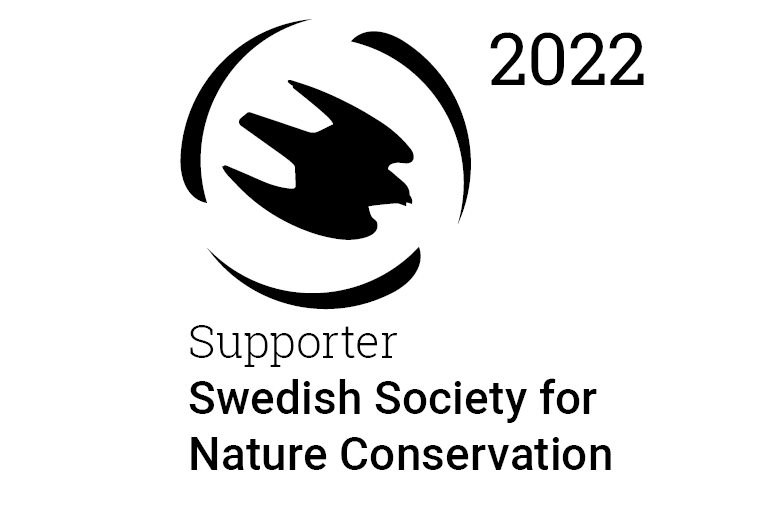- Home
- News Details
News Details

South Korea: New Registration Criteria for Chemical Hazard Information
2024-01-11 Reference source : MOE
New substances Registration Regulatory Updates South Korea
On January 9, 2024, the National Assembly of South Korea passed five laws related to the environment, including the “Chemical Substances Registration and Evaluation Act” and the “Chemical Substances Control Act.” The purpose of these laws is to improve the rational management of chemicals based on their harmfulness by changing the registration criteria for new chemicals to meet international standards and reorganizing the current system for classifying toxic substances.
The Ministry of Environment (MoE) said that the amendment to the Chemical Substances Registration and Evaluation Act, which currently requires new chemicals to be registered if they are produced or imported in quantities of more than 100 kg per year, will relax the registration requirement to 1 tonne per year. This is in response to the industry’s request to adjust the domestic criterion to the same as the EU or Japan.
The amendment to the Chemical Substances Registration and Evaluation Act also added provisions for the disclosure of information on substances that are reported at less than 1 tonne per year and for the government to review their suitability. It also imposed a duty on business operators to ensure the safety of chemical substances by requiring that substances lacking hazard information be presumed to be harmful until their harmlessness is verified. At present, hazardous chemicals are defined as “toxic substances” and regulated uniformly, and substances that cause harm to humans through short-term exposure are classified as “acutely hazardous substances to the human body,” substances that cause harm to humans through repeated exposure or long-term accumulation are classified as “chronically hazardous substances to the human body,” and substances that cause harm to aquatic life are categorized as “ecologically hazardous substances.”
The amendment to the Chemical Substances Control Act stipulated that permitted, restricted, and prohibited substances should be excluded from the definition of hazardous chemicals and that those used in very small quantities or with a low probability of accidents should be exempted from inspection and diagnosis. It also stipulated that if the handling of chemicals is very small or the risk is low, it should be changed from “authorization" to "notification.” The Ministry of Environment said that the revised bill was drafted after discussions at the Chemical Safety Policy Forum, which included various stakeholders such as civil society organizations and industry.
We acknowledge that the above information has been compiled from MOE.
Global Product Compliance (GPC) specializes in Global Regulatory Compliance Solutions across sectors
globally. SSS Europe, a familiar name in chemical regulatory and compliance services now formally belongs
under the umbrella of GPC Holding Sweden.
Since 2008, we have emerged as one of the leading names among Global Regulatory Compliance Service
Providers with Representation services in Europe, Asia and Middle East for respective chemical
regulations.


